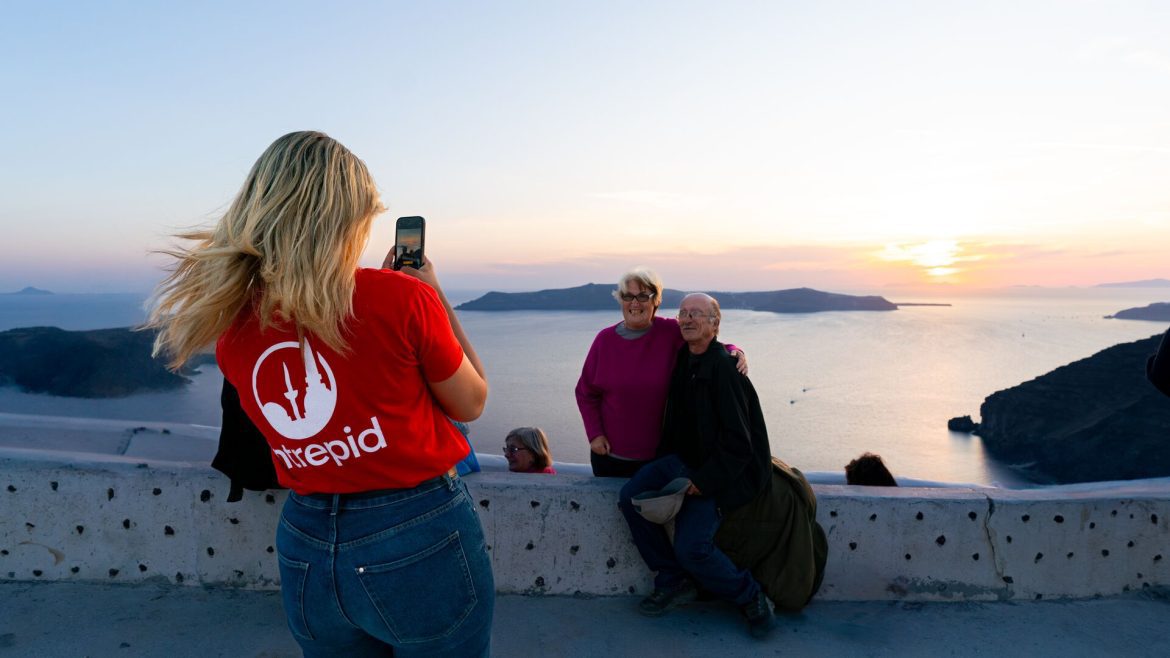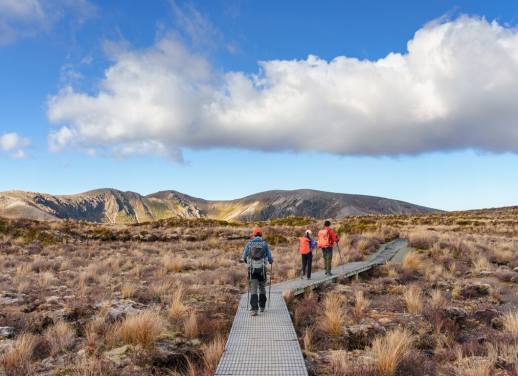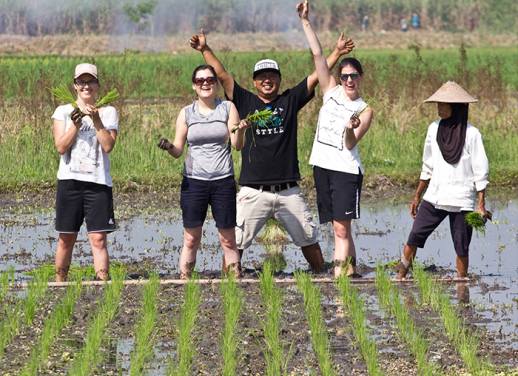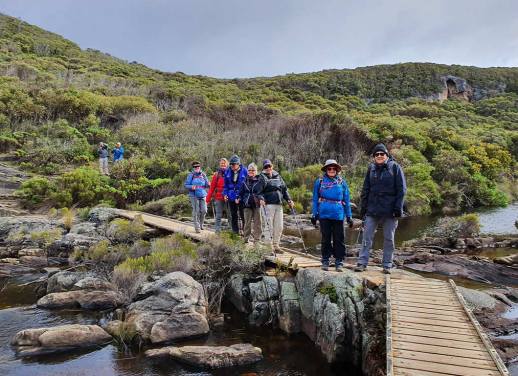If you’ve been on a small group adventure, you likely already know that Intrepid leaders do so much more than show you around.
Valentina Ruiz Gayol, a local leader based in Mexico, had taken her group to a Zapotecan family’s home for dinner. Zapotec people, indigenous to Oaxaca, have a rich cultural heritage, where age-old traditions like pottery and intricate textile weaving are still thriving.
Valentina says she was doing her job as a leader, explaining the traditional dishes while helping the family serve the food, when suddenly a woman on the trip began crying.
‘She did not like the food, and she did not want to be served anymore because she was afraid of not liking it and she didn’t want to be disrespectful to the family,’ she explains.
Valentina tried to calm her down, saying it was okay to dislike it and that no one was going to be offended. Then, out of the blue, a man travelling on the trip started to feel unwell and needed assistance.
‘I was also trying to help him. I guess in that moment I was a leader, waitress, counsellor and a nurse!’
Valentina’s story – while certainly unique – isn’t an anomaly. On any given day, Intrepid leaders take travellers through the heart of their home countries, but the job doesn’t exactly end there. Sometimes, they take on entirely different roles. From handling unexpected logistics to marriage counselling and beyond, here are just a few of the hats leaders might wear throughout your adventure.
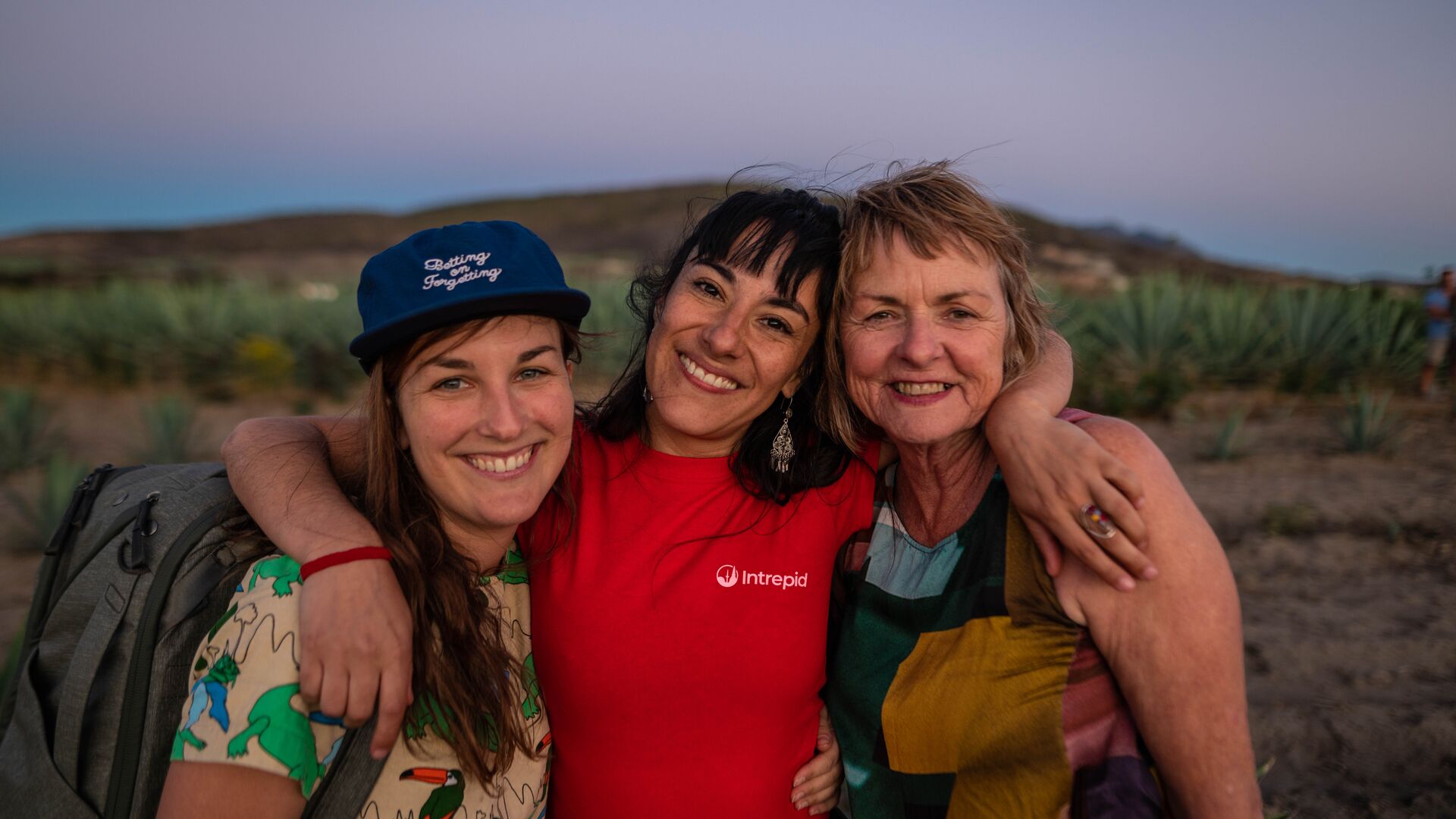
A mediator
One of the great things about small group travel is that it brings people from all around the world together. This is not without its challenges, though, and leaders sometimes have to manage different personalities.
Phuong Le, a leader in Vietnam, once had a traveller with ‘a very outspoken personality’ in his group. So, to smooth things over, he talked to each member individually, allowing them to air their concerns and reassuring them that he was there to help if needed.
Thuy Nguyen, another leader working in Vietnam, offered some sage advice to a traveller struggling to connect with her group. ‘I told her that she’s a lovely lady and the group members only don’t like that she shows up five minutes late for meals – so next time she should sit in the middle and interact with other members!
It’s not only strangers that require a peacekeeper. Egyptian leader Mohamed Maher remembers a couple fighting on a trip. ‘They didn’t want to stay together in one room anymore. There was no availability in the hotel for another room, so I had to play the counsellor role. Thankfully I succeeded!’
Being perceptive to the dynamics among travellers is important, and it’s a lesson that Anh Vuong also learned. ‘There was a daughter travelling with her father and stepmother on a trip. The daughter didn’t show hospitality and friendliness to [her stepmother]. The stepmother then decided not to go to Halong Bay. I encouraged her to come and spend time with me, letting the father and daughter spend time together.’ The family was so grateful for Anh Vuong’s intervention that they invited the leader to visit them in London.
An administrator
Mohamed Shaaban Hassan recalls a trip in Egypt where a traveller lost their passport. Mohamed says he had to ‘call the embassy and send them a report and contact the traveller’s family so they could sort out the insurance.’ He adds that this was no small feat given the urgent nature of the situation, but understandably, he also had to keep the customer calm throughout the process.
When you join an Intrepid trip, the behind-the-scenes logistics are mostly handled for you – but someone’s got to make it happen. Enter the leaders. ‘I feel like I play a big role in ensuring that all things have been completed and that the trip goes beyond expectations,’ says Muny Noy from Cambodia.
That doesn’t just mean showing you the ins and outs of destinations and tracking down lost passports (or luggage).
Clara Atubuka, a leader who runs trips through east Africa, explains that border crossings can prove difficult. ‘You could have a smooth crossing or a tough one. One time, we got to the border of Kenya and Tanzania, and certain policies had changed without our knowledge.’ After a lot of polite requests and patient explaining to get through – with no money ever exchanging hands – Clara was able lead her group to the other side of the border.
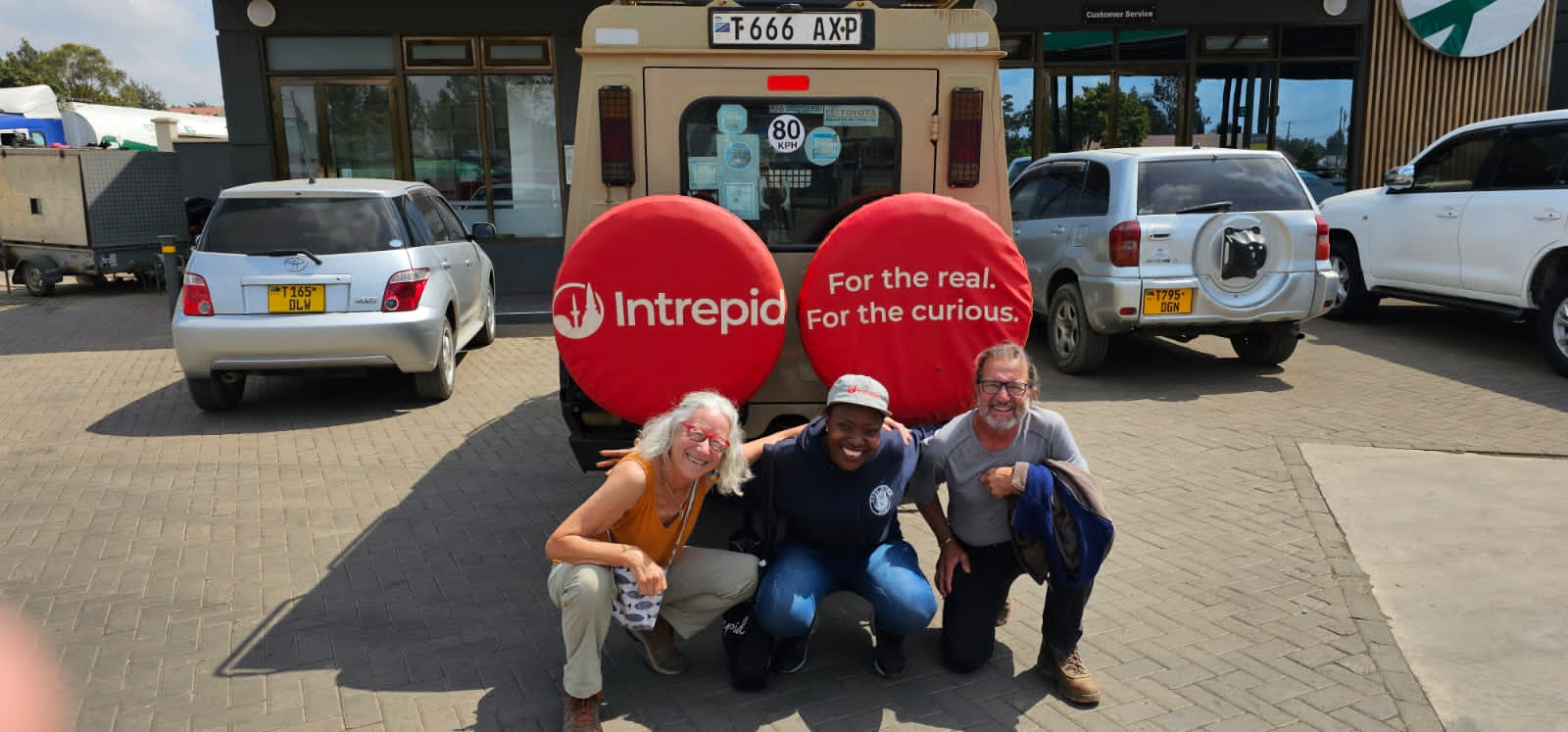
A friend
Since leaders spend so much time with their groups, they inevitably form strong friendships with them. Thanh Vo really hit it off with one traveller visiting Vietnam from England. After their ten-day trip together, they kept in touch. ‘The traveller returned to Vietnam, and I took him to visit my fishing village and [meet my] family in Ho Chi Minh City.’
This happens regularly. After all, many leaders are based in countries that pride themselves in hospitality. Saygu Sezen took one group on the Best of Turkey trip back to his family house in Altinoluk for tea with his father and stepmother.
This hospitality is often reciprocated, and in some instances, friendships go beyond the trip.
Mahmoud Mahmoud found out just how much he meant to one group when they surprised him with a Finding Nemo soft toy. ‘They all knew my nickname was Memo, so a lady in my group suggested I go by Nemo, like the fish,’ he explains. ‘She pointed to the blonde spot in my hair and said it reminded her of Nemo’s small fin.’ The nickname stuck and Mahmoud has been going by Nemo ever since. ‘They sent the soft toy after they left Egypt. I use it on my flagpole as a sign for every tour – it’s been a great icebreaker for groups.’
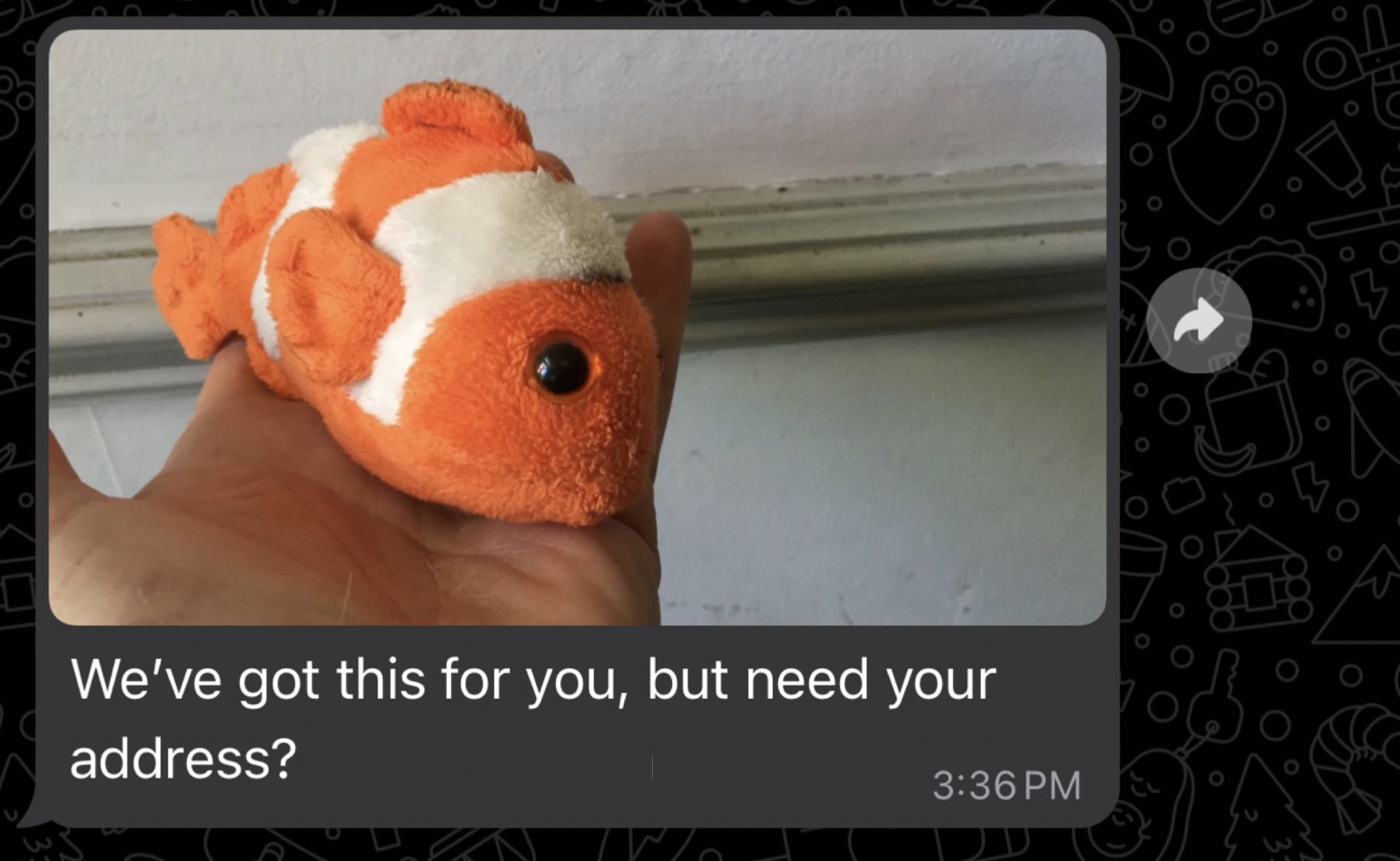
Channa Uy from Cambodia has enjoyed the benefits of having friends all over the globe. ‘I was hosted in Australia by several of my former guests when I visited,’ Channa happily shares. Some leaders, like Ahmed Fawzy from Egypt, have even been invited to past travellers’ weddings.
And speaking of romantic unions, proposals are common on Intrepid trips and travellers often ask the leaders to help. Antony Makumi remembers ‘brainstorming ideas and orchestrating a memorable set-up’ for a romantic proposal, which ended with a ‘heartfelt ‘yes!’’
Emotional support human
Intrepid leaders are aware that travellers might travel to cope with major shifts in their personal lives. Sometimes, all they need is a sympathetic ear or a few words of wisdom.
Walid Nawasany from Egypt remembers a man who sought advice on choosing a life partner after being inspired by the family traditions he saw on his trip. He confided in Walid about his previous marriage which had ended in divorce.
‘My advice was to find a partner that would understand his family traditions,’ Walid explains. ‘I was in touch with him after the trip and I assured him that he would find the right person, but he should give himself time. After five years, he visited Egypt again with his Algerian partner, and I saw the happiness and love on his face.’
Caroline Muturi recalls leading a group on the Kenya Family Safari, where a recently divorced father brought his nine-year-old son. Caroline made it her mission to make sure the boy felt supported during the safari. ‘I became a friend, I became a shoulder for him to lean on, and I managed to get him out of his shell, which took the dad and everyone else by surprise.’ After the trip, the boy reached out to Caroline through his mum – she still gets updates on how he is doing.
Ankita Jaiswal, a leader in India, once helped a traveller navigate the grief of losing her husband. ‘Every now and then I would stay late after breakfast or dinner or sit next to her so we could talk. She told me such wonderful stories of back home and she said my love story reminded her of her young days with her husband.’
The traveller was so moved by the experience that she spread her husband’s ashes in The Ganges. ‘When she finally said goodbye to her husband, she was in tears and I consoled her. I developed such a good bond with her over the trip that we are still in touch.’
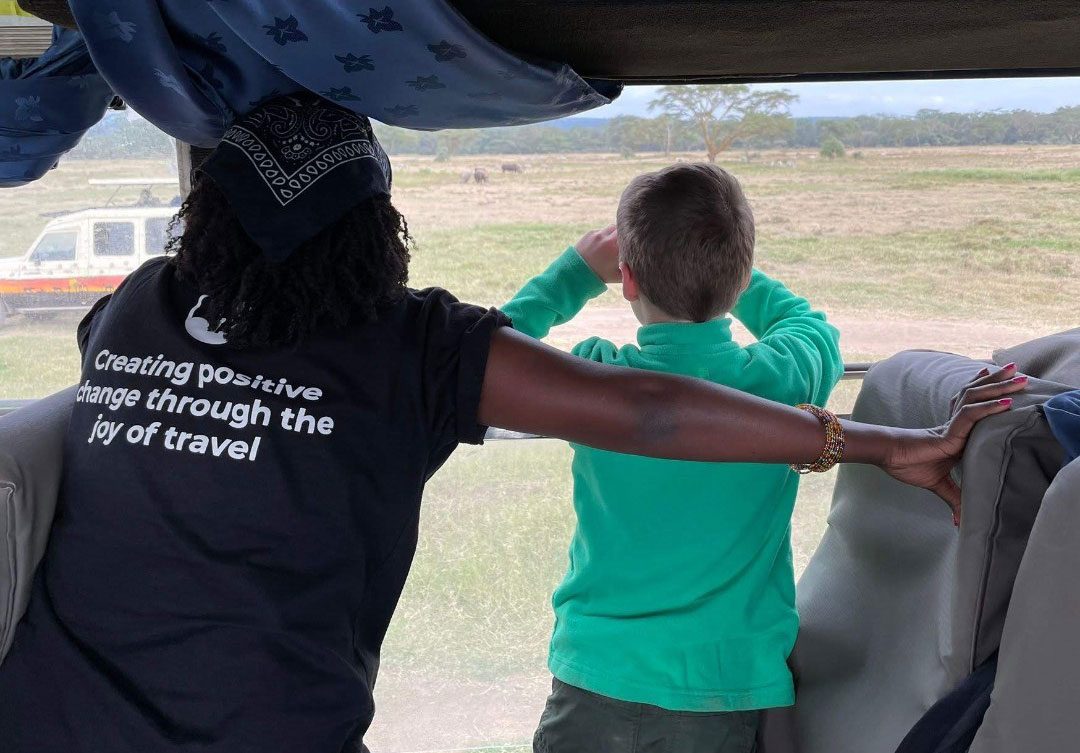
A first aid expert
No one likes to think about accidents while travelling, but Intrepid leaders must keep them in mind. The switch from a leader to a first aid expert is often quick, as Chandaro Oum, a leader in Cambodia, discovered. ‘We encountered a minor emergency when one of my clients fell and sprained their ankle. I provided first aid to the injured client, coordinated with local staff for additional help, and made sure the rest of the group was informed about the situation.’
When a trip doesn’t go as planned, leaders need to balance the needs of the sick traveller with the rest of the group. For example, Channa Uy once had a traveller suffer from food poisoning. ‘After knowing he was in safe hands, I took the rest of the group to the next site. Then I went back to the hospital to check on him and bring him some books and his iPad.’
An MC
At its core, an Intrepid trip is a joyful experience and it’s the leader’s job to keep spirits high. The most popular way? Singing. When Anh Khuong’s group missed their train in Vietnam, the leader set the mood by ‘braiding [their] hair with other group members and by singing karaoke together.’ Karaoke, it seems, is a serious spirit lifter. Huy Nguyen from Vietnam notes that if leaders choose the right song, ‘the whole group will sing along.’ And if they don’t? ‘They get bored, and no one dares to sing.’
See the many hats an Intrepid leader wears by booking a small group adventure today.

